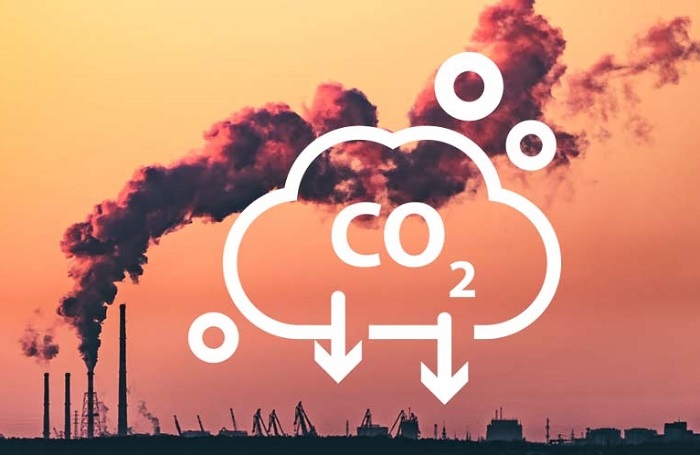The ADB has issued a brief on the importance of decarbonizing value chains in the Central Asia Regional Economic Cooperation (CAREC) economies.
It is available in pdf at this link: https://www.adb.org/sites/default/files/publication/1007746/adb-brief-316-decarbonizing-value-chains-carec.pdf
Here is the essence of the brief, as generated by NotebookLM:
● CAREC has a high share of CO2 emissions in value-added manufacturing due to its focus on emission-intensive sectors. The increasing adoption of carbon pricing measures globally presents a potential risk for CAREC countries.
● Trade, particularly through global value chains (GVCs), is a major contributor to greenhouse gas (GHG) emissions. CAREC economies, specifically the People’s Republic of China (PRC) and Kazakhstan, exhibit high CO2 emission intensities in value-added manufacturing.
● The EU’s Carbon Border Adjustment Mechanism (CBAM) aims to impose a carbon tariff on imports from specific sectors to prevent carbon leakage and encourage global emission reductions. This policy could significantly impact GVC supplier economies, especially those in Asia and developing economies that supply energy-intensive products.
● Modeling suggests a limited impact of CBAM on CAREC’s economic growth, with estimated GDP reductions of less than 0.4% at a carbon price of €100/MT CO2 imposed by the EU.
● However, CAREC’s overall exports are projected to decline by 2.4% and exports to the EU by 8.3% under a €100/MT CO2 CBAM imposed by all OECD economies. This impact is primarily due to the high CO2 intensities in CAREC’s extractive sectors.
● The report emphasizes the need for regional cooperation in CAREC to facilitate green supply chains. This involves:
○ Digitalizing trade processes for greater transparency and efficiency.
○ Improving regional connectivity and promoting climate-smart technologies, particularly in the transport sector.
○ Enhancing mining sector governance and decarbonization measures to meet evolving environmental standards in export markets.
○ Implementing collective policy responses and harmonized “green” standards to encourage sustainable practices throughout supply chains.
○ Adopting a regional approach to climate financing to support decarbonization efforts in carbon-intensive sectors and ensure sustainable infrastructure development.
● The CAREC Climate Change Vision, endorsed in November 2023, underscores the importance of climate change as a crosscutting priority. The CAREC Climate Change Action Plan, to be presented at the 23rd CAREC Ministerial Conference in November 2024, will prioritize regional climate adaptation and mitigation projects.
● Key areas of intervention include climate risk preparedness, water-energy-food security, low-carbon growth, and the establishment of a CAREC Climate Platform. The report highlights the role of regional cooperation in facilitating knowledge exchange, promoting innovative financing mechanisms, and supporting access to international climate funds.
Carbon leakage is the concept to quantify an increase in greenhouse gas emissions in one country as a result of an emissions reduction by a second country with stricter climate change mitigation policies. Carbon leakage is one type of spill-over effect. /// nCa, 30 October 2024
